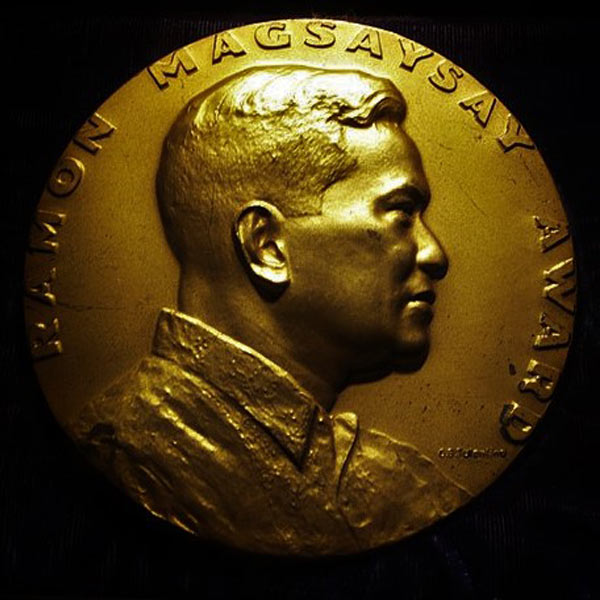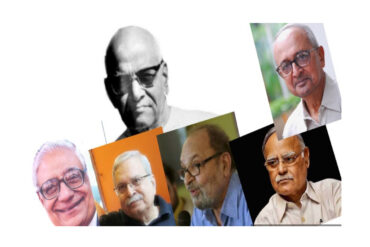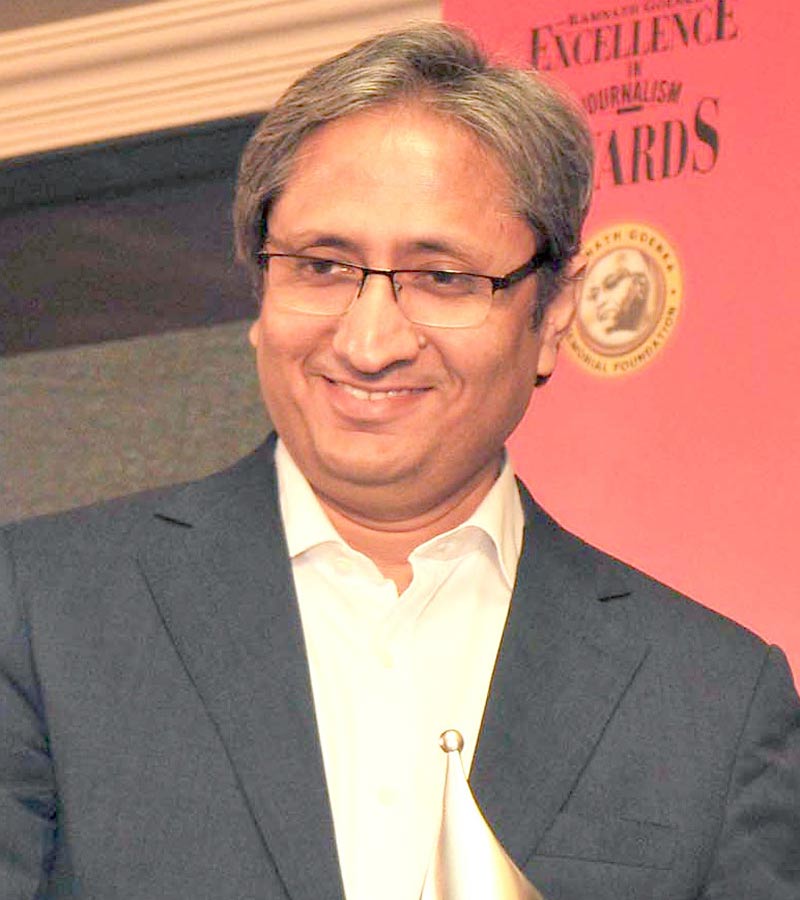There are few occasions when an award or recognition honours the right person. In a world where corporates, interest groups, religious heads and corrupt politicians enjoy clear sway over the media, it’s indeed a rarity to see serious public interest journalism that speak for the underprivileged get recognized and honoured. Most of the awards and fellowships in the field of mass media are controlled by powerful corporates and they normally reach only those who are subservient and pliable.
It’s in this context, the committee that chose NDTV’s Ravish Kumar for the 2019 Ramon Magsaysay Award deserves applause and appreciation. Initiated in 1957, it’s the highest honour in Asia that celebrates the memory and the standards in leadership set by the third Philippine President after whom the award has been named. Every year, individuals or organizations in Asia who engage in selfless service, and are transformative influencers in the manner of the late Philippine president, are awarded.
Like elsewhere in the world, in India too, responsible journalism requires enormous courage these days. Often, journalists lose their fighting spirit under threat, intimidation and appeasement and simply surrender to the ruling elites. Newspapers and television channels desist from engaging in their role of critically examining government programs and policies. The all-pervasive crony capitalism has succeeded in reducing journalists to the role of stenographers, with no ability to critically engage with issues and events.
As for the dwindling tribe of journalists with conviction, they have to wage daily battles against complex issues like propaganda, censorship, intimidation, physical violence and cyber-bullying. In a post-truth world, organized lies and manipulated information is circulated through social media to create communal polarisation and to vitiate further the fragile social fabric.
In this age of misinformation, disinformation and false propaganda that plague journalism, especially television journalism, where right-wing anchors, in high decibel noise, attempt to silence those who represent the poor and suffering segments of the society, Ravish Kumar is a shining exception. Like in the case of former Magsaysay award winner P Sainath, he is undoubtedly among the very few voices speaking for voiceless in this country. He earnestly pushes the larger issues of the poor and the marginalised into the national mainstream, especially among urban elites with little or no grasp of the stark realities.
When I saw the flutter the award had created on Twitter this morning, I immediately recalled images of a recent television discussion anchored by Ravish Kumar. The topic was manual scavenging and he had invited sanitation workers to sit alongside elite panelists on primetime. The context was the death of three sanitation workers while manually cleaning sewers. Since such issues lack novelty, the political leadership and media barons treat them as insignificant. Death of the poor never affects governments, their bureaucracy and the collective conscience of the rich and powerful.
As a no-nonsense journalist with clear grasp of the realities on the ground, Ravish Kumar disturbs the beautiful people watching television with minute details of the horrible realities of the poor. He is among the few television journalists who dared to discuss the prevailing agrarian crisis on prime time without concluding that the farmers who commit suicide are drunkards or severely depressed people. He focuses on water scarcity, environmental degradation, rural deprivation, social inequalities, human rights violations, predatory development priorities, flawed concepts of infrastructure growth and growing inequality between the rich and the poor. His journalism always maintains a human face.
As the award describes, Ravish Kumar is one of India’s most influential TV journalists, trudging a different path. He deals with under-reported problems of ordinary people. Ravish Kumar is among the few media persons who refuse to get carried away by the priority list of greedy corporates attempting to set the national agenda as per their whims and fancies. His journalism is indeed a resistance to the popular trend treating viewers as buyers and news as a commodity. And he has contributed immensely to fight the commodification of news.
The award for Ravish Kumar is in fact a reminder to all journalists who turn cheerleaders for the ruling political class. After all, responsible journalism is not a commodity to be purchased by those with buying power.








